197 Views
Riboflavin (Vitamin B2)
Description
Sometimes known as vitamin G
Maintenance of vision, hair, nails, skin
Healthy nervous system
Energy production
Antioxidant (cofactor of glutathione reductase)
Maintains mucous membrane linings of the respiratory tract, digestive tract, circulatory and excretory tracts in conjunction with vitamin A
Aids conversion of the amino acid tryptophan to B3 in conjunction with B1 and B6.
Medicinal Uses
Important to take with other B vitamins
Prevention of visual problems – cataracts
Relief of childhood eczema
Used with – MS, Neuritis, Vertigo, Parkinson’s disease,
Dermatitis, Ulcers, Acne
Hyperthyroidism, Malabsorption,
Stress of injury or surgery
Fevers
Increased Risk of Deficiency
Periods of rapid growth: childhood and adolescence, pregnancy and lactation
Malabsorption (gastrointestinal and biliary obstructions, chronic diarrhea, infectious enteritis)
Medications: thyroxine, oral contraceptives, phenothiazines, barbiturates, antibiotics
Heavy alcohol use
Chronic illness, fever, and cancer
Signs and Symptoms of Deficiency
Oily ruff, scaly, painful, and itchy patches on the skin around the nose, ears, mouth
Cracked lips
Vaginal itching
Hair and weight loss
Inability to urinate
Digestive disturbances
Insomnia
Dizziness
Trembling
Smooth, purplish-coloured tongue, sore throat
Eyes: Redness, burning, blurred vision, gritty feeling, fatigued and light sensitivity
Anaemia with decreased production of red blood cells Lethargy, depression, personality changes
May increase risk of developing cataract
Symptoms of vitamin B6 and niacin (vitamin B3) deficiency (decreased activation of vitamin B6 and reduced conversion of tryptophan to niacin)
Long term – liver damage
Antagonists
UV light
Oral contraceptive
Sulphur drugs
Alcohol
High stress
Need more B2 in pregnancy
Toxic Effects
No known toxic effects. However prolonged high doses leads to urinary loss of other B vitamins
Good Dietary Sources
Liver, Mushrooms, Cow’s milk, Brewer’s yeast, Spinach and other leafy greens, Yogurt, kidney, poultry, almonds, sesame seeds, sunflower seeds, lima and soy beans, whole grains, foods high in calcium and B2, Dandelions, Chickweed, Watercress, Fathen

